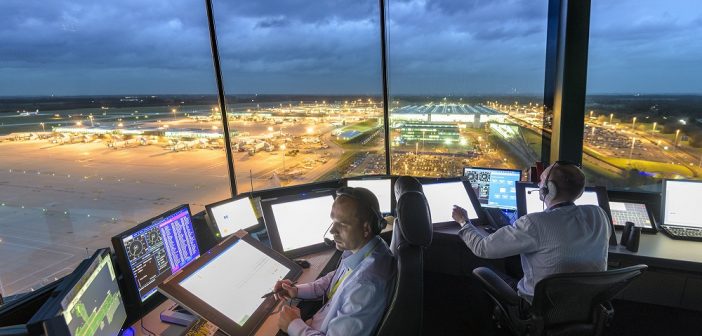The chilling cry of “Mayday!” evokes immediate images of dire situations – a plane plummeting from the sky, a ship lost at sea, a desperate plea for help amidst chaos. But how did this seemingly ordinary word become the universal distress call, a beacon of hope in the face of danger?
The Birth of Mayday: A Parisian Connection
The story of Mayday begins in the early 1920s, amidst the burgeoning air travel industry. Frederick Stanley Mockford, a radio officer at London’s Croydon Airport, was tasked with a crucial mission – devising a clear and universally understood distress call for pilots and ground crew.
Mockford, recognizing the frequent communication between Croydon and Le Bourget Airport in Paris, sought inspiration from the French language. He proposed “mayday,” a phonetic equivalent of the French phrase “m’aider,” which translates to “help me.” This simple yet impactful word, easily pronounced and understood across nationalities, became the foundation of the future distress call.
From Innovation to Global Adoption: Mayday Takes Flight
In 1923, following successful trials, “mayday” was officially adopted as the distress call for cross-Channel flights. This marked a significant shift from the previously used Morse code signal SOS, which, while effective, proved challenging for voice communication.
The global aviation community quickly recognized the advantages of “mayday.” Its clear pronunciation, distinct sound, and ease of understanding ensured its rapid adoption worldwide. In 1927, the International Radiotelegraph Convention of Washington officially recognized “mayday” as the international radiotelephone distress call, solidifying its position as the universal language of emergency.
Beyond Aviation: Mayday Spreads its Wings
While primarily associated with aviation, the use of “mayday” has expanded to encompass maritime emergencies as well. Ships in distress can utilize “mayday” to alert coast guards and nearby vessels, ensuring a swift response to life-threatening situations.
The Power of Three: A Universal Call for Action
The protocol surrounding “mayday” emphasizes its urgency. The word is repeated three times in a row – “Mayday! Mayday! Mayday!” – to minimize the risk of misinterpretations and ensure immediate recognition by potential rescuers. This repetition serves as a crucial signal, cutting through noise and confusion to trigger an immediate response.
More Than a Word: A Beacon of Hope
The impact of “mayday” transcends its linguistic simplicity. It represents a universal call for help, a desperate plea for assistance in the face of imminent danger. It signifies a shared responsibility within the international community – a commitment to respond and offer aid to those in dire need.
Beyond its practical application, “mayday” carries a powerful emotional weight. It symbolizes hope amidst despair, a lifeline thrown to those facing perilous situations. It is a testament to the inherent human desire for rescue and the collective responsibility to intervene when faced with another’s distress.
The Legacy of Mayday: A Symbol of Unity and Survival
Today, “mayday” stands as a symbol of global unity and a reminder of the importance of international cooperation. It serves as a constant reminder of the fragility of human life and the unwavering need for assistance in times of crisis.
From its humble beginnings as a phonetic echo of a French phrase, “mayday” has evolved into a universally recognized distress call, a beacon of hope in the face of danger. It is a testament to human ingenuity and a symbol of the unwavering spirit of cooperation that transcends borders and languages.





